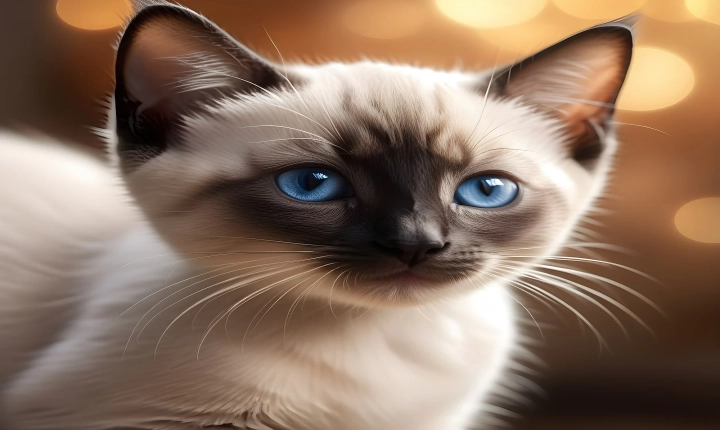AI music, generated by sophisticated algorithms and machine learning techniques, has raised questions about its legality and copyright implications. As artificial intelligence becomes increasingly involved in the music creation process, the line between human and AI-generated music has become blurred, prompting the need for a deeper examination of the legal implications.
One of the primary concerns surrounding AI music is the issue of copyright. Copyright law protects original works of authorship, including musical compositions. However, determining the originality of AI-generated music poses a unique challenge. Traditionally, copyright has been attributed to human creators, but with AI composing music, the question arises: who owns the rights to the music?
In many jurisdictions, copyright protection is granted to the creator of the work. In the case of AI-generated music, determining the creator becomes complex. Some argue that the person or organization that develops and owns the AI system should be considered the creator and rightful owner of the music it generates. Others contend that the input and training data used to develop the AI system may also play a significant role in the creation of the music and should be recognized as a contributing factor in copyright ownership.
Another aspect to consider is the role of the user or the person who sets the parameters for the AI-generated music. If an individual uses an AI program to create music and makes creative decisions along the way, they may argue that they should be considered a co-creator or at least have some rights in the resulting music. This further complicates the issue of copyright in the context of AI music.
Additionally, the potential infringement of existing copyrighted music is a concern. AI algorithms can analyze and learn from vast amounts of existing music, raising the possibility that AI-generated music may inadvertently resemble or replicate copyrighted compositions. This could lead to legal disputes over infringement and intellectual property rights.
Despite these complex legal considerations, there have been efforts to address the issue of AI-generated music within the framework of copyright law. Some legal scholars and industry experts advocate for updating copyright laws to explicitly account for AI-generated works, providing specific guidelines for ownership and protection. Others suggest the implementation of a new intellectual property category for AI-generated creations, distinct from traditional copyright law.
In 2019, the European Parliament even considered a proposal to grant personhood to intelligent robots and AI systems, with the intention of assigning them certain rights and responsibilities, including the ownership of intellectual property. While this proposal did not pass, it underscores the need for legal frameworks to catch up with the rapid technological advancements in AI and its implications for creative works.
As the debate over the legality of AI music continues, it is clear that existing copyright laws are being challenged by the emergence of AI-generated creative works. Balancing the interests of AI developers, users, and existing copyright holders poses a significant legal and ethical challenge. Addressing these issues will require careful consideration of the evolving role of AI in music creation and a reevaluation of the current legal framework to ensure fair and equitable treatment of all parties involved.
